In the spring of 2021, students in Pueblo, Colorado were struggling. A year of online school had left many students behind in core subjects, and the school year was about to end. Meanwhile, Pueblo’s city libraries were opening their doors after closing in March of 2020 and looking for ways to bring youth back in.
Pueblo residents had an idea, and thanks to a new equitable budgeting framework that prioritizes residents’ voices, the city started a $1 million “reading challenge” that would pay youth $100 for checking out 10 books — and even helped them sign up for checking accounts.
“There was enough buy-in from the very beginning that we were able to kick the program off rapidly and put the money to work as soon as possible,” says Jon Walker, executive director at Pueblo City-County Library District. In one month, the library partnered with local schools and school districts for promotion and a local bank to distribute money to the youth participants. “Pueblo is an under-banked community … that’s why we thought having a financial literacy piece would be important,” Walker says. Of the 7,300 children that completed the reading challenge, 493 opened minor savings accounts.
The city’s new budgeting framework informed how the program unrolled. “Three days before we announced the program, we reached out to schools that serve low-income areas, and actually went to the schools to sign up kids so we could make sure their spots were secured,” says Nick Potter, the library district’s director of community relations and development. The library automatically enrolled every youth in the local Boys and Girls Club as well as young people whose families live in affordable and supportive housing through the organization POSADA.
The library tracked completion rates to identify where extra outreach was needed. “We saw kids from higher-income areas were completing at a much higher rate than students in lower-income districts,” says Potter. The library reached out directly to school districts to engage those students. The library also added an additional September reading cohort where it auto-enrolled select lower income schools, helping 2,178 more youth complete the program.
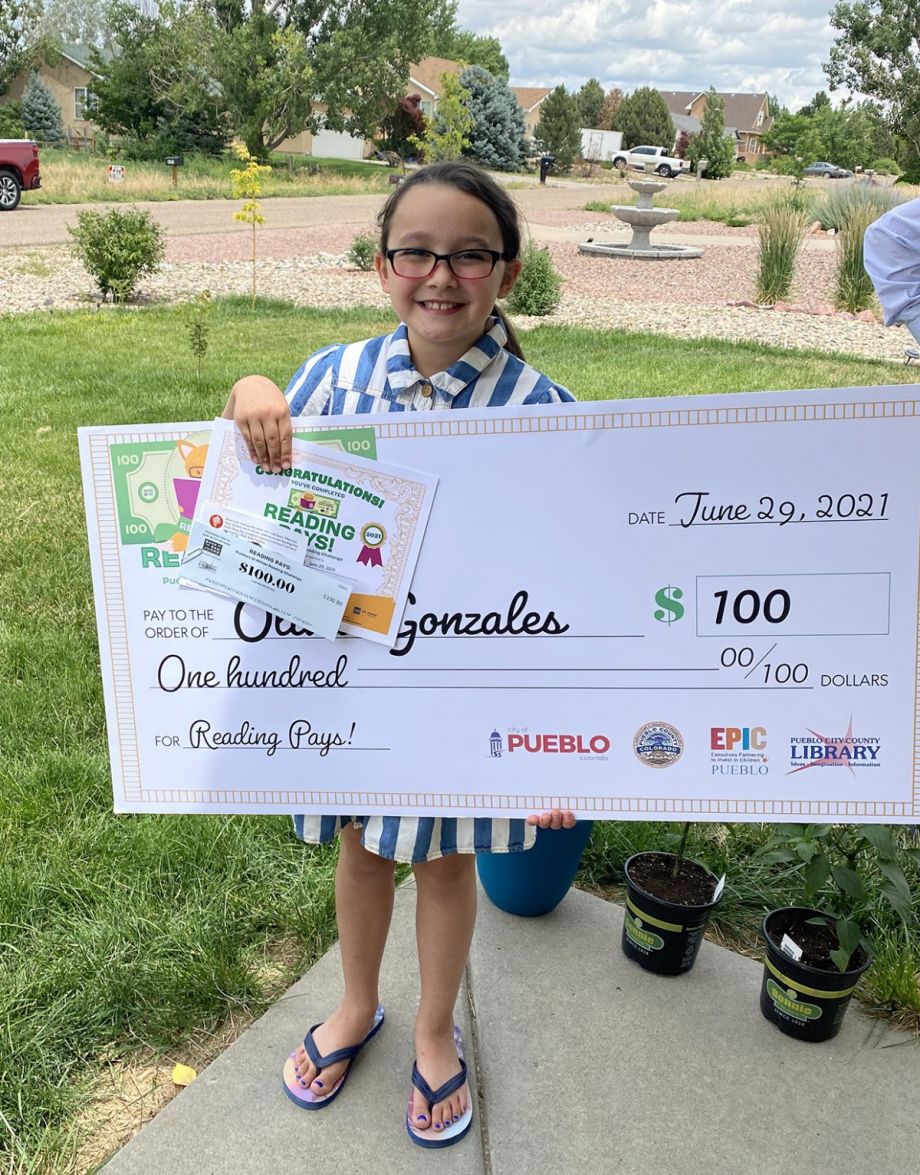
Olivia made a video book review of each title that she checked out, and was presented with an enormous check (and also a real check). (Photo courtesy Pueblo Library)
It’s a positive first effort for Pueblo’s new equitable, transparent budget framework, which the city began to transform in late 2019 as part of a What Works Cities initiative on utilizing data and evidence for municipal budgeting decisions. “The program turned into a COVID-19 data program, which then took us to a point where we were starting to plan our budget cycle for 2021,” says Laura Solano, chief of staff for Pueblo Mayor Nick Gradisar.
The city joined What Works Cities’ City Budgeting for Equity and Recovery cohort in the summer of 2020, which supported efforts in defining equity and developing two frameworks for priority-based budgeting that prioritize resident input. When funding came from the American Rescue Plan Act, Mayor Gradisar spearheaded an equity-focused, community-driven process with 65 residents to help determine priorities.
Through a series of town halls in May 2020, one of which focused specifically on youth, the city identified seven pillars of funding important to the community: individual/household support, youth, nonprofits, small businesses, tourism/hospitality, community resilience and infrastructure. Then the city accepted specific funding requests and organized them under the different pillars. The city invited 65 resident volunteers to represent the seven funding pillars and picked “leads” to head each pillar; for example, the director of the local Boys and Girls club led the youth pillar.
The city developed two different equity frameworks: one framework evaluates each program proposal, the second framework measures the outcome of selected proposals and how they benefit the community. The resident volunteers used the first framework to narrow down funding proposals before passing along to Mayor Gradisar for final approval.
With that final list in hand, the mayor and city council moved quickly to allocate money. By September, 14 projects received funding, including the summer reading project. Housing provider POSADA received $395,000 and the Pueblo Rescue Mission got $77,000 to support a community cleanup program that hires people experiencing homelessness. The city distributed the second round this October, with a total of $95.5 million going to community-prioritized projects.
There are 84 requests now under consideration by the resident volunteers, which will be narrowed down and funded next year. “We have requests for nearly $200 million of funding projects,” Solano notes. “It’s demonstrated we have incredible people with wonderful ideas on how to prioritize this funding.”
As for the Pueblo City-County Library District, the outcomes of the summer reading challenge will be presented to the City Council this January. (The city council will also vote on the city’s new definition of equity.) “I feel like it was, more or less, a homerun,” Walker says of the reading challenge. “I think we’ve got a program that could absolutely occur in the summer of 2022.”

Emily Nonko is a social justice and solutions-oriented reporter based in Brooklyn, New York. She covers a range of topics for Next City, including arts and culture, housing, movement building and transit.
Follow Emily .(JavaScript must be enabled to view this email address)

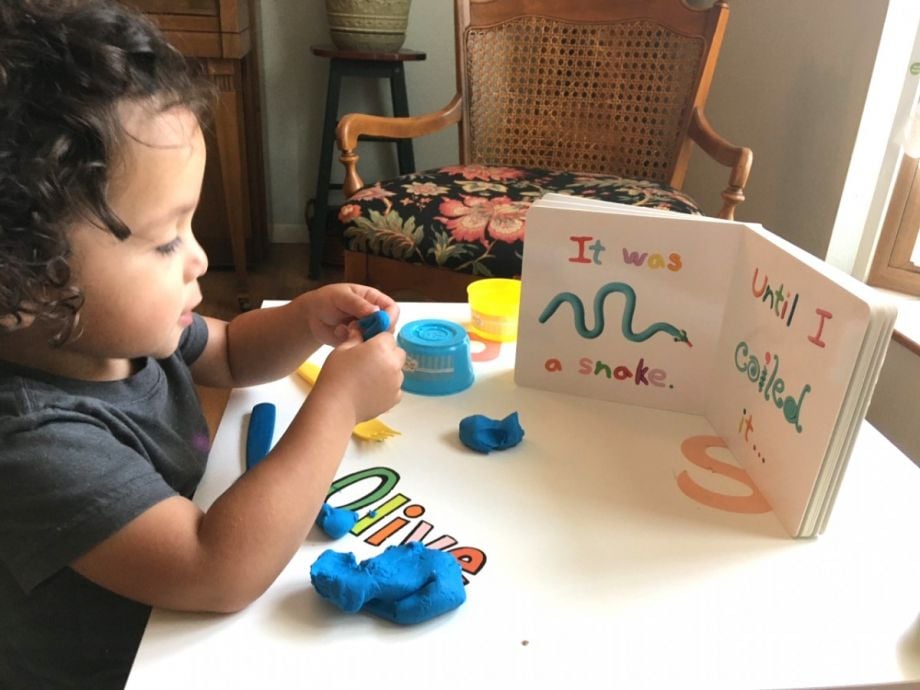
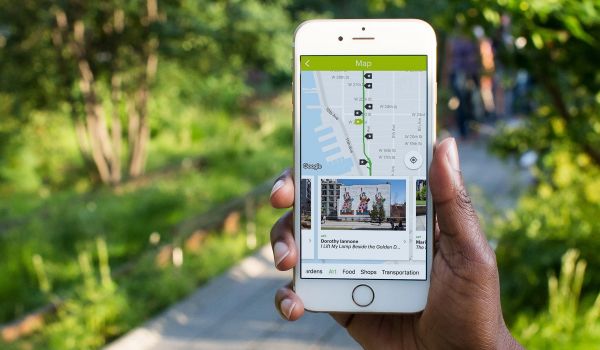

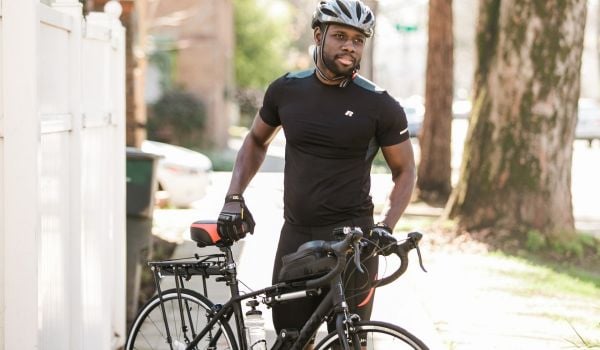

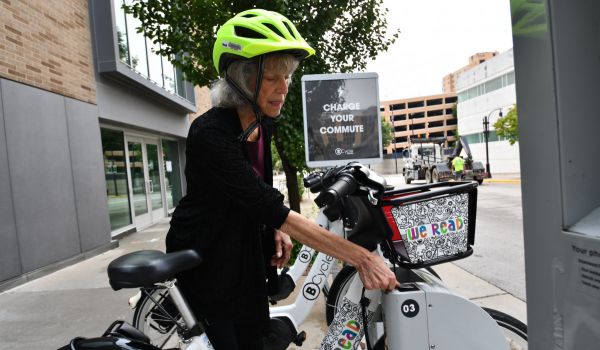
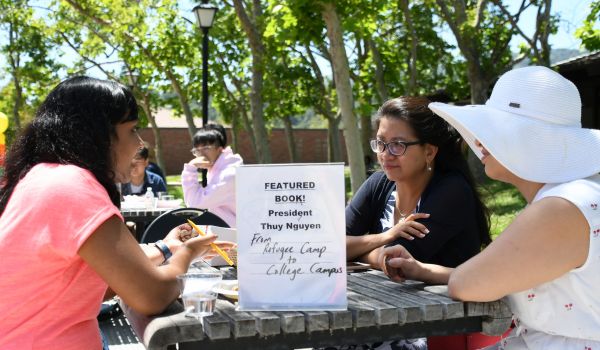

_600_350_80_s_c1.jpg)






